*** Written by Abdulkabir Olorunjeda-Muhammed, a final year undergrad at the Department of History and International Studies of Lagos State University. He can be reached via abdulkabirm87@gmail.com
Every March 5 reflects the birth of an iconic Nigerian leader and statesman whose impacts on Nigeria’s politics, economy, education, and foreign policy and diplomacy are enormous and too numerous to mention. There is so much to be said of the controversial Egba man, who is a hero, mentor and teacher of many through his words and writings. Therefore, I will try as much as possible to restrict my piece to eulogise a little of Obasanjo’s political trajectory and focus largely on his interventions with regard to Nigeria’s foreign policy and diplomacy.
Born on March 5, 1937, Former President Olusegun Obasanjo received his elementary education at Baptist Boys’ High School, Abeokuta, before proceeding with his military training at the Mons Officer Cadet School, England. The personality of Olusegun Obasanjo rose to prominence when he became deputy to the former Nigerian Head of State, Brigadier General Murtala Mohammed. He had earlier served as the commander of the third Marine Commando division during the Nigerian Civil War. He became a head of state after the assassination of Murtala Mohammed in an abortive coup by Lt. Col Buka Suka Dimka on the 13th of February, 1976. The three-year military regime of General Obasanjo (1976-1979) was very credible in terms of its foreign policy realisation. For every foreign policy framework, the role of a leader’s personality—Individual level of foreign policy analysis—cannot be overemphasised. As much as international politics and systems influence the foreign policy of a state, the excellence of a state’s foreign policy is largely determined by the leader of such a state. The foreign policy and other foreign policy institutions of a state flourish only if the individuals at the helm of affairs appreciate the concept of visions and missions of such a state in its interface with other states. Indeed, Obasanjo’s enduring role in achieving a respectable international outlook for Nigeria cannot be underestimated.
Obasanjo’s military government realised no less than three out of Nigeria’s core foreign policy objectives. These include African unity and independence, peaceful settlement of disputes and regional economic cooperation and development. As part of his foreign policy achievements, Obasanjo’s military regime hosted the exceptional second Africa Festival of Arts and Culture in 1977. Known as FESTAC 77, it was the second world black festival, after FESMAN 66 by Senegal, dedicated to showcasing Africa’s rich arts and cultures. His administration also hosted the United Nations-organised World Conference Against Apartheid in 1977, in Lagos. This marked a strong reflection of Nigeria’s detestation of colonialism and racism. The event has also been prestigious for Nigeria, not only for showcasing her as Africa’s Big Brother but also as a manifestation of Nigeria’s foreign policy objective of shouldering the cause of other African countries. Obasanjo also co-chaired the Commonwealth’s Eminent Persons’ Group, again, to negotiate a solution to the struggle against Apartheid in South Africa. We should also recognise General Obasanjo for the pragmatic disposition that the combined government of General Muritala/Obasanjo depicted in the indefinite postponement of the visit to Nigeria by the Queen and the Duke of Edinburgh as part of its effort, Bolaji Akinyemi believed, to extricate “Nigeria’s foreign policy from colonial legacy”.
Moreover, if there was something exceptional about Obasanjo’s political trajectory, which affected his national and international outlook, it was his transition of the military government into civilian rule in 1979, thus marking Nigeria’s second republic. Having been appointed by the Supreme Military Council to succeed General Muritala Mohammed (after his assassination in 1976), Obasanjo did not hesitate to fulfil a course that had been embarked upon by his boss. Contrary to what we see in other African countries during the democratic transition, Obasanjo did not contest in the second republic elections. Hence, General Olusegun Obasanjo became the first African military ruler to hand over power to a civilian government. Among other reasons, Generals Babangida and Abacha have forced us to realise and appreciate Obasanjo’s act in relinquishing power to civilians at the time he did—regardless of whatever motive he could have had. A popular statesman who never retired from politics, Olusegun Obasanjo became a prominent member of the Peoples Democratic Party in 1998 and won as the party’s presidential candidate in the 1999 presidential election, thus becoming the first Nigerian president in the Fourth Republic and the first former military head of state to have done so. This time, his impact on Nigeria’s foreign policy was more significant. He rejigged Nigerian diaspora communities significantly and enhanced a substantial inflow of capital and investments from the Nigerians in the Diaspora. At a time when Nigeria was falling short on economic and developmental contributions from diasporic communities, President Olusegun Obasanjo initiated the Historic Presidential Dialogue with the Nigerian Diaspora, in Atlanta, and later in London, with the aim of “incorporating the Nigerian diaspora in national development.” His government, in 2003, established the Nigerian National Volunteer Service “to facilitate the involvement of Nigerian Diaspora in the development process at home.” Consequently, President Obasanjo declared July 25 the Nigerian Diaspora Day to celebrate and “recognise the Nigerian diaspora as an important stakeholder in the Nigerian project.”
Beyond that, President Olusegun Obasanjo’s civilian government was reputed for its huge and strategic engagement in peace resolutions through his active roles in international organisations, especially the Organization of African Unity (OAU), which later became the African Union, through sagacious efforts of people like Obasanjo. He was not only prominent as a member (later chair) of AU Heads of State, but his initiatives were commendably adopted. He successfully proposed a Ministerial Conference on Security, Stability, Development and Cooperation in Africa (CSSDCA). The fact that the conference was held in Abuja in May 2000 conferred honour on the place of Nigeria within the African continent.
Undoubtedly, Former President Obasanjo has been the foremost track 2 diplomacy player for Nigeria. His participation in several peacekeeping missions is second to none. President Goodluck Jonathan would be considered second to Obasanjo in this regard. The statesman served as the United Nations Secretary-General Special Envoy on the Great Lakes region in 2008. Mark you, before becoming a head of state, Obasanjo had served as a senior officer in the UN’s first peacekeeping mission to Congo in 1960. He has been involved in numerous mediations with Southern African countries like Mozambique, Angola and South Africa. President Obasanjo’s signing out of the Bakassi Peninsula in 2006 connotes his respect for international law and diplomacy. Also, his administration played a vital role in resolving the Second Liberian Civil War between April 1999 and August 2003.
Although Obasanjo’s military and civilian regimes have notable shortcomings, he has, however, demonstrated his sagacity in foreign policy realisation. No doubt, the end of Obasanjo’s civilian regime in 2007 has been tagged the end of the “Golden Years” of Nigeria’s Foreign Policy. I may not support Baba Iyabo’s third-term presidential ambition, or applaud his derogatory speech on the Yoruba traditional rulers, the “E didé e jókó” syndrome, but I submit that the statesman significantly impacted Nigeria’s Foreign Policy and earned the country an international repute. I pray that the Almighty God grants him more good life to be able to contribute more to nation-building in the years ahead. May the Almighty also grant him sound health in order to continue to amuse Nigerians with more tricycle exercise. Cheers to a Nigerian diplomatic face, Elder Olusegun Obasanjo, @87!
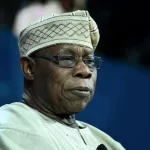
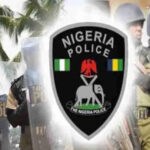

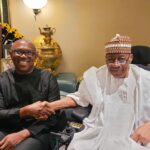
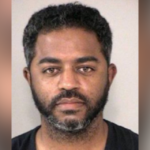
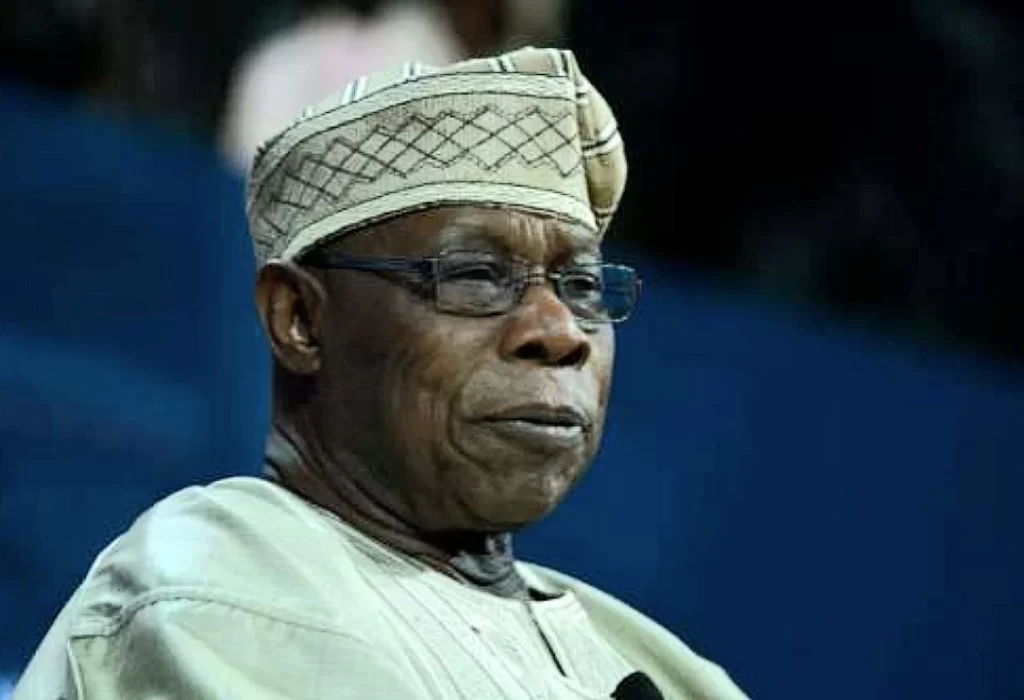
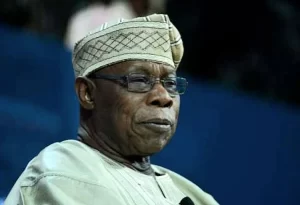
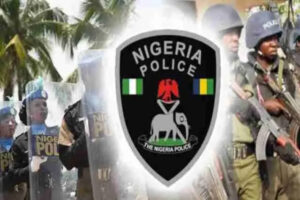
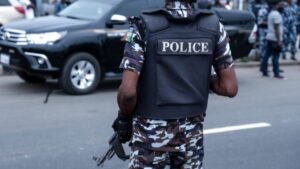
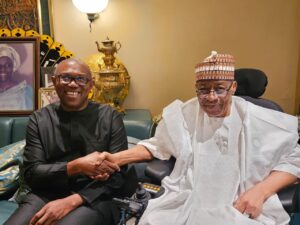
More Stories
What if Farotimi’s allegations are not false
Governor Otti unveils new era of development for Ohafia with landmark bill signing
Nigeria feeds citizens’ bodies to pigs